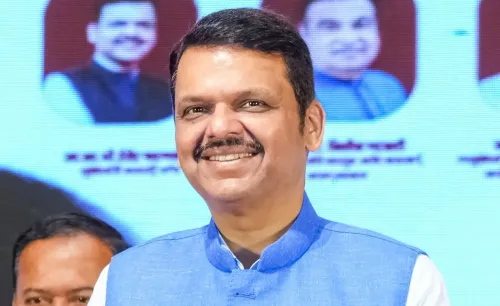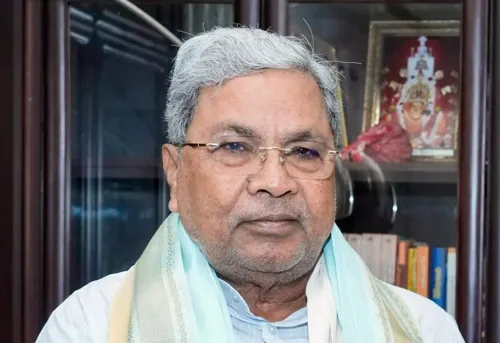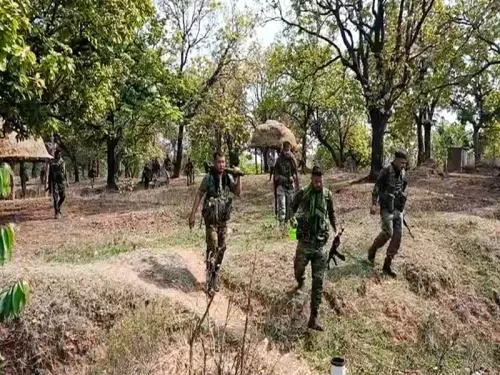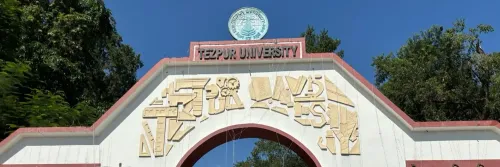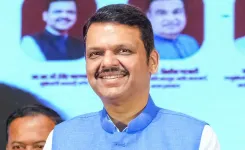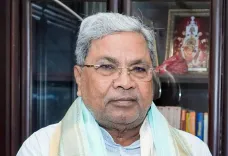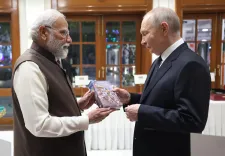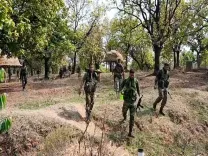What Urgent Actions is Speaker Vijender Gupta Proposing for Delhi’s Water Security?
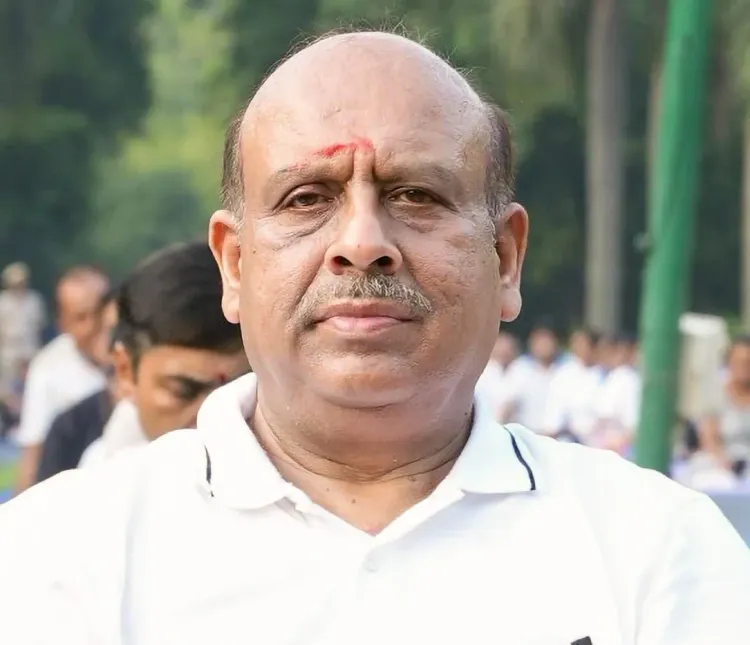
Synopsis
Key Takeaways
- Urgent need for institutional reforms to ensure water security in Delhi.
- Community participation and scientific awareness are crucial for tackling environmental challenges.
- Importance of rainwater harvesting and innovative solutions in urban water management.
- Collaborative governance can lead to transformative outcomes.
- Water is a finite resource that requires mindful consumption.
New Delhi, June 26 (NationPress) Speaker Vijender Gupta of the Delhi Assembly urged the need for immediate, multi-faceted institutional measures to protect the future of water in the capital.
During a seminar titled “Jal aur Prakriti (Water and Environment)”, organized by the Sampurna NGO to commemorate 30 days of its 40-day awareness initiative, Gupta mentioned that a discussion will be held in the Assembly regarding the effectiveness of the Wetland Authority under the Department of Environment.
The specialists at the seminar agreed on the necessity for community involvement, scientific awareness, and firm institutional commitments to address Delhi's water and environmental issues.
Gupta stressed the importance of integrating water education into institutions, referencing the North China University of Water Resources and Electric Power as a model for focused academic efforts in water management and underscoring the need for movement in this direction.
He pointed out the urgent requirement to revitalize water bodies by merging traditional knowledge with contemporary techniques and advocated for an expansion in rainwater harvesting.
Gupta suggested that urban flooding during the monsoon season could be transformed into a chance for groundwater recharge, stating, “We must convert rainwater from a burden into a vital resource.”
Emphasizing collaborative governance, he remarked, “When governmental bodies collaborate with public organizations, the results are not merely incremental—they are revolutionary.”
The Speaker also highlighted the significance of Prime Minister Narendra Modi's flagship initiative, Mission Amrit Sarovar, aimed at revitalizing 75 water bodies in each district.
He also mentioned the Centre’s ‘Jal Shakti Abhiyan: Catch the Rain – 2025’, which concentrates on rainwater harvesting, groundwater recharge, and climate-adaptive water management.
“These are not just governmental initiatives; they represent a framework for national rejuvenation,” he remarked, adding that public engagement can transform even the most daunting challenges into opportunities.
The Founder President of Sampurna, Shobha Vijender, emphasized that water is no longer an infinite resource and stressed the necessity of conscious and responsible consumption.
“If we do not alter our consumption habits today, we are inheriting a serious concern for tomorrow,” she cautioned.
Among those present were water experts like Diwan Singh, who discussed the necessity for large-scale rainwater harvesting, Jai Kumar Goel, Sanjay Poddar, Dr. Naresh, and others.


